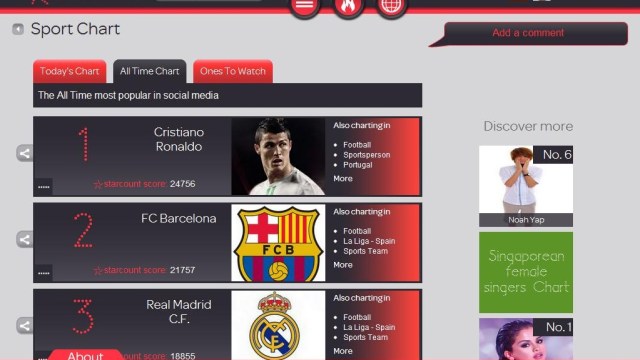Putting the “Men” Back in “Mentor”

What’s the Big Idea?
At 29, Edie Weiner was the youngest woman to ever be elected to a corporate board. “I really do respect the women who run for public office because it is so personally assaulting on them,” she told Big Think in a recent interview. “How they don’t go home every night and want to shoot themselves because there’s so much negative feedback –they have to be so hardened… The same thing is true in the board room.”
Watch the video:
Weiner embarked on her professional career as soon as she graduated from college. Her first job was in the life insurance business, an entirely male-dominated field. So she enlisted the men in her life as her mentors. “My great mentors were the men I worked for,” she says, “my immediate boss, the person who became my eventual business partner. I found that everything else [was] irrelevant beyond my passion for the job that I was doing. In those early days, we were so pioneering in the work we were doing that I didn’t really have much time to think about the fact that I was a woman in the face of all men.”
What’s the Significance?
It’s an interesting distinction given that so many of today’s professional groups emphasize learning and networking along gender lines (Ladies Who Launch; Step Up Women’s Network). The American Psychological Association, for instance, rightly points out that women mentors make all the difference in the academic careers of women graduate students. But in fields like business and technology, which are still marked by a persistent lack of women in leadership roles, such relationships can be hard to find. In 2010, only 15 of the companies on the Fortune 500 list were headed by women, and women currently make up only 25.4 percent of chief executives in the United States. The question becomes – what if more men mentored women to the top?
Ultimately, the leadership skill that matters most is the same for both women and men, says Weiner. And it’s not intelligence. It’s wisdom — the ability to pick and choose your battles. “Intelligence, male or female, is something that is valued in a lot of discussions,” she says, “but in the end, how you get to the very top frequently rests on wisdom.” Lots of people are intelligent and factual knowledge comes cheap in the information age.
To be successful in the 21st century, it’s more important to know what to say to whom, when, and under what circumstances, and for what purpose. Good judgement and the independence that comes from experience are invaluable qualities in the workplace — no matter where they come from.
Image courtesy of Shutterstock.





